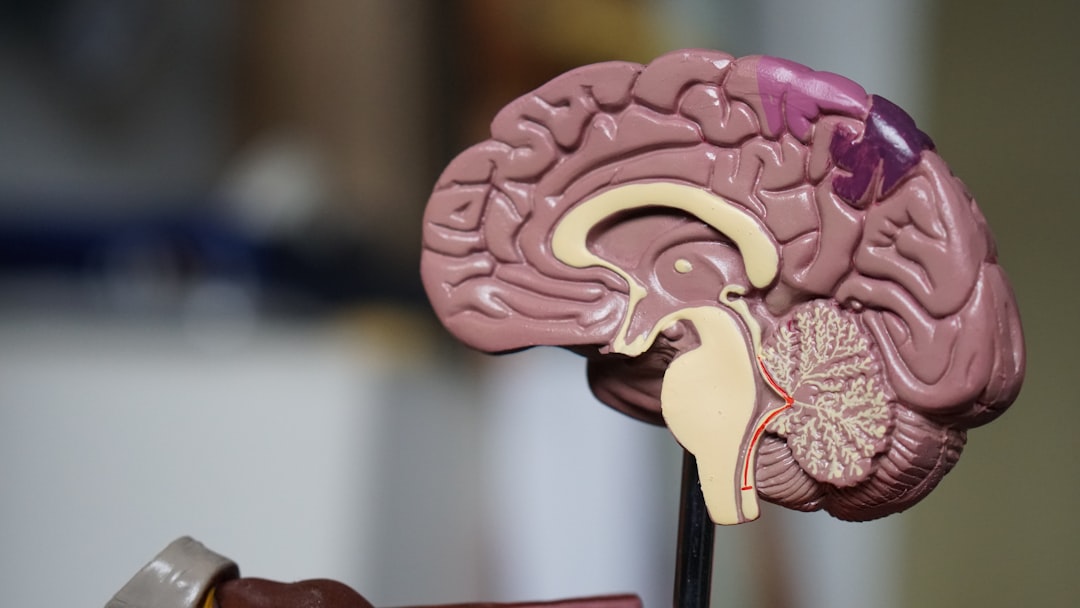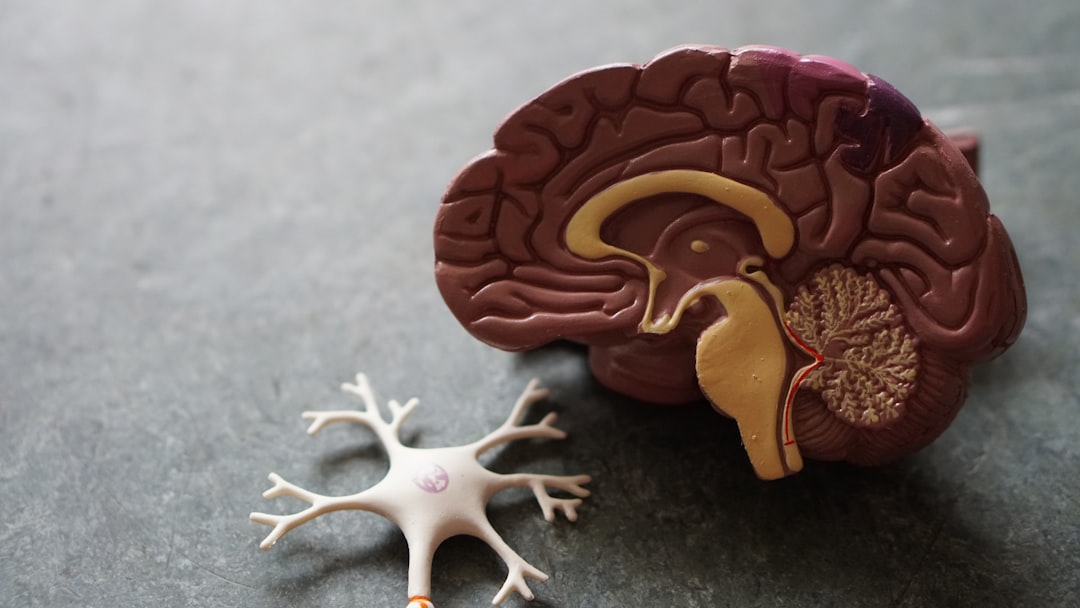What is it about?
Similar to body temperature, maintaining the body's acidity/alkalinity within a narrow range is crucial for normal physiological functions. Kidney is one of the organs playing a vital role to regulate acid-base balance. The cells responsible for this duty is called intercalated cells, which distributed in the distal tubules in kidney. This paper presents findings on a few proteins that serve as determining factors for the production of these critical cells.
Featured Image

Photo by julien Tromeur on Unsplash
Why is it important?
Intercalated cells comprise several subtypes, such as acid-secretory and alkaline-secretory types. Few factors have been identified to control the differentiation of intercalated cells and their subtypes. This study identifies three specific proteins capable of binding to DNA and regulating gene expression. Specifically, Foxp1 serves as a determinant for all intercalated cells, while Dmrt2 and HMX2 are essential for the production of acid-secretory and alkaline-secretory cells, respectively.
Perspectives
Maintaining a precise acid-base balance is a fundamental biological process of the human body, and uncovering the mechanisms behind these types of intricate system is always enlightening. This study reveals a set of molecular machinery that regulates the production of specialized cells in kidney tubules. Dysfunctions in the number or function of these cells can lead to human diseases such as acidosis or alkalosis. A deeper understanding of the basic biological principles governing the regulation of balanced body systems should pave the way for more effective interventions to correct imbalances during diseased states.
Xiangjian Zheng
Tianjin Medical University
Read the Original
This page is a summary of: Foxp1 is Required for Renal Intercalated Dell Differentiation and Acid-Base Regulation, Journal of the American Society of Nephrology, February 2024, Wolters Kluwer Health,
DOI: 10.1681/asn.0000000000000319.
You can read the full text:
Contributors
The following have contributed to this page










